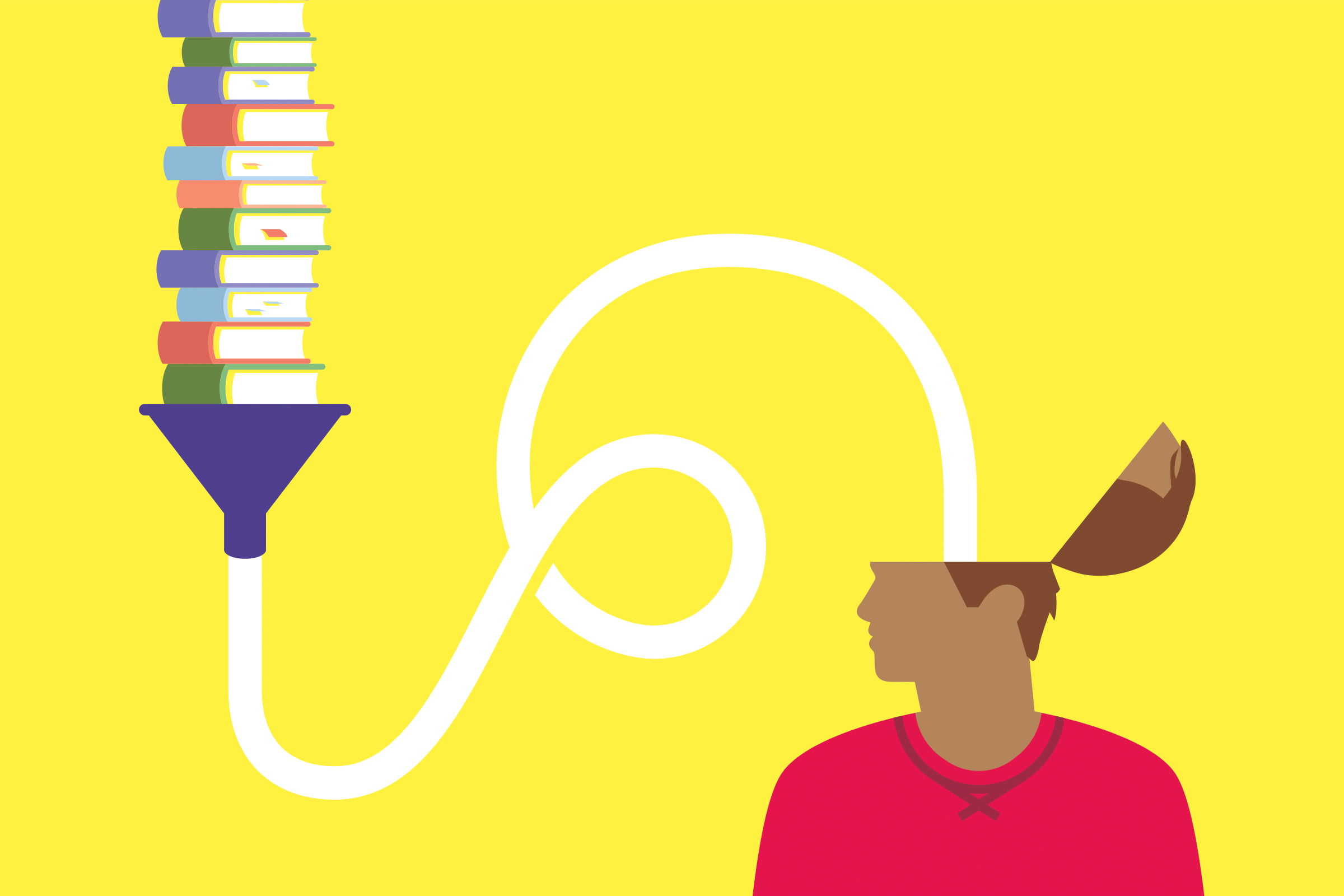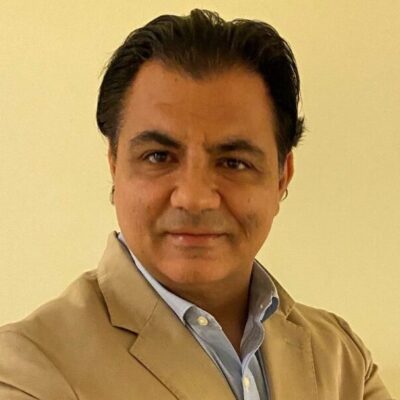
"Intelligence is not measured by how much you know, but by how much you can learn," people often say. It is true. We can learn from various sources during our careers and life; I wanted to analyse the best sources for learning and provide tips for the best career advancement.
By Emile Fakhoury
We learn from 3 main sources: -Theory, -Practice, and -Mistakes.
1-Learning from Theory:
From various classes and training sessions it to attending seminars or webinars, we capture a lot of information and feed it into our learning experiences. Our brains work well by learning from the simulations to develop new skills and techniques. We are different from other creatures tanalyse from theory and that’s explain our human evolution.
Our brains can analyze scenarios and perform simulations and create new connections with our neurons that establish the new skills acquired.
Sometimes people believe learning from theories will not be relevant in the real world, but to learning, theories are widely applicable. The models that they describe tend provide us with guidelines to develop exercises and simulations to learn best. Learning theories can also be engaging.
As I enjoy teaching, I find the theories interesting when we start to see connections between the theory and the learning happening in classes.

Finally, we have 3 majors learning theories:
-Behaviorism: It is based on a system of routines that embed excellent work, collected feedback and provided recognition to attendees for an excellent work.
-Cognitivism: this theory moves away from behaviorism to focus on the mind’s role in learning, an attendee who absorbs the information, undertakes mental operations, and stocks it in memory.
-Constructivism: The attendee builds upon on the previous experience and understanding to "construct" a new understanding.
2-Learning from Practice:
Practice helps us to apply what we learned in theory and put it in the real world. We called it ‘‘learning by doing’’ and doing makes our brains connect with our body to develop routine tasks that help us develop new skills and improve our performance.
When we should stop Practicing is the main question. We should continue practising skills until fear turns to boredom. There is always some kind of fear press you will do something wrong or fail.
However, as we develop and improve, the challenge slowly starts becoming we feel no fear and boredom; then at this stage, we are mastering the new skill.
3-Learning from Mistakes:
We learn the most from our mistakes, which are engraved in our memory.
Some industries apply the process to work, do mistakes and move on to help employees accept to work without hesitation and do mistakes and learn from them while moving to another project or task.

Consider mistakes as opportunities to learn and develop your performance.
The challenge for today’s corporations is to set the environment to accept to fail while also performing at a high level and advancing the business.
We need to create cultures where people are safe to make mistakes if they own them and learn from them. This requires a strong communication culture where expectations for performance and behaviour are established, understood, and regularly reinforced.
When we see our colleagues’ making mistakes, we need to bring it to their attention.
We must have expectations that we will learn how to avoid mistakes.
Sharing mistakes and lessons learned helps the organisation progress and mature.
As Maya Angelou said, “You may encounter many defeats, but you must not be defeated. It may be necessary to encounter the defeats, so you can know who you are, what you can rise from, how you can still come out of it.”

Impressive
Thanks JB!
Nice one. Thanks Mr Fakhoury.
Appreciated Carl !